This week I head to the Hampton Roads Writers Conference in Virginia Beach. I’ll be teaching several workshops over the three days I’m there — a two-hour master class on “Point of View and Voice,” a ninety-minute class on “Character and Character Arc,” and two one-hour classes, one on “World Building” and one on “Pacing and Narrative Arc.” I always look forward to conferences like this one, in large part because I love to teach, and I love to talk about the craft of story telling.
Recently, some of you may recall, I wrote about the difficulties inherent in encouraging aspiring writers given the state of today’s literary market. I don’t believe teaching at the workshop contradicts or undermines what I wrote in that post. If students ask me about the business side of writing, I will be brutally honest with them. And even if they don’t ask the questions, I will not misrepresent the publishing industry or in any way downplay the difficulties currently faced by new writers.
Teaching writing, though, is always a service, always a worthwhile thing to do. Whether someone wishes to write professionally (despite the odds) or write as a hobby — or something in between — it can never hurt to hone those skills. I don’t ever intend to be a professional photographer or musician, but I am always looking to improve at both and would gladly attend photography workshops to learn new techniques. (Provided I can find the time and the money to do so — those workshops are spendy!) Put another way, if I can help any writer improve their skills and get more enjoyment out of their literary projects, I believe I have done a good thing.
I have taught on previous occasions all the topics I’ll be covering this weekend, and I can safely say that pacing and narrative arc are far and away the toughest to teach. Why? Because, they are somewhat amorphous topics. Point of view has definite categories and approaches. It has “rules” most writers tend to follow and most editors tend to look for. I have developed techniques and mechanisms for character development that I am more than happy share. And world building is a process with which I am very familiar and which can be broken down into component parts as a way of rationalizing a complex, sprawling endeavor.
Pacing, though, is all about feel, about instinct. I can talk about things I try to do myself, in my own work, but even those discussions tend to stray into the realm of analogies and metaphors, ways of describing something that defies description. A lot of what I have learned over the years about pacing and shaping narrative arc, has come out of trial and error, mistakes I made in one book or series and corrected in the next, or the one after that.
So why try to teach it? Because, quite honestly, despite the difficulties inherent in talking about a subject that is so hard to pin down — or perhaps because of those challenges — some of the best teaching sessions I’ve ever had focused on this subject. As the topic grows harder to discuss, I find, the classes on the topic grow increasingly interactive, until all in the room are working on ways to conceptualize and contextualize the conversation. In other words, it becomes a team effort, and that helps everyone in the room.
I plan to approach the class in three ways — one is conceptual, relying on those analogies I mentioned earlier; one is visual, using drawings to show how narrative arc ought to progress in a book and in a series; and one is pragmatic, focusing on those narrative mechanics that help us with pacing and that are easiest to discuss in concrete terms.
As I say, my past experiences with teaching pacing and narrative arc have generally been pretty good (and I just jinxed myself) so I am hoping this one will be, too.
The other thing I love about teaching at conferences like Hampton Roads is the opportunity to hang out with other industry professionals, and I believe the coming weekend will be especially fun, since two of my favorite people in the world, Edmund Schubert and John Hartness, will be there as well. In fact, Edmund is one of the conference’s keynote speakers.
So that’s what I have on tap for my end-of-week/weekend. I hope yours is great.
Keep writing!









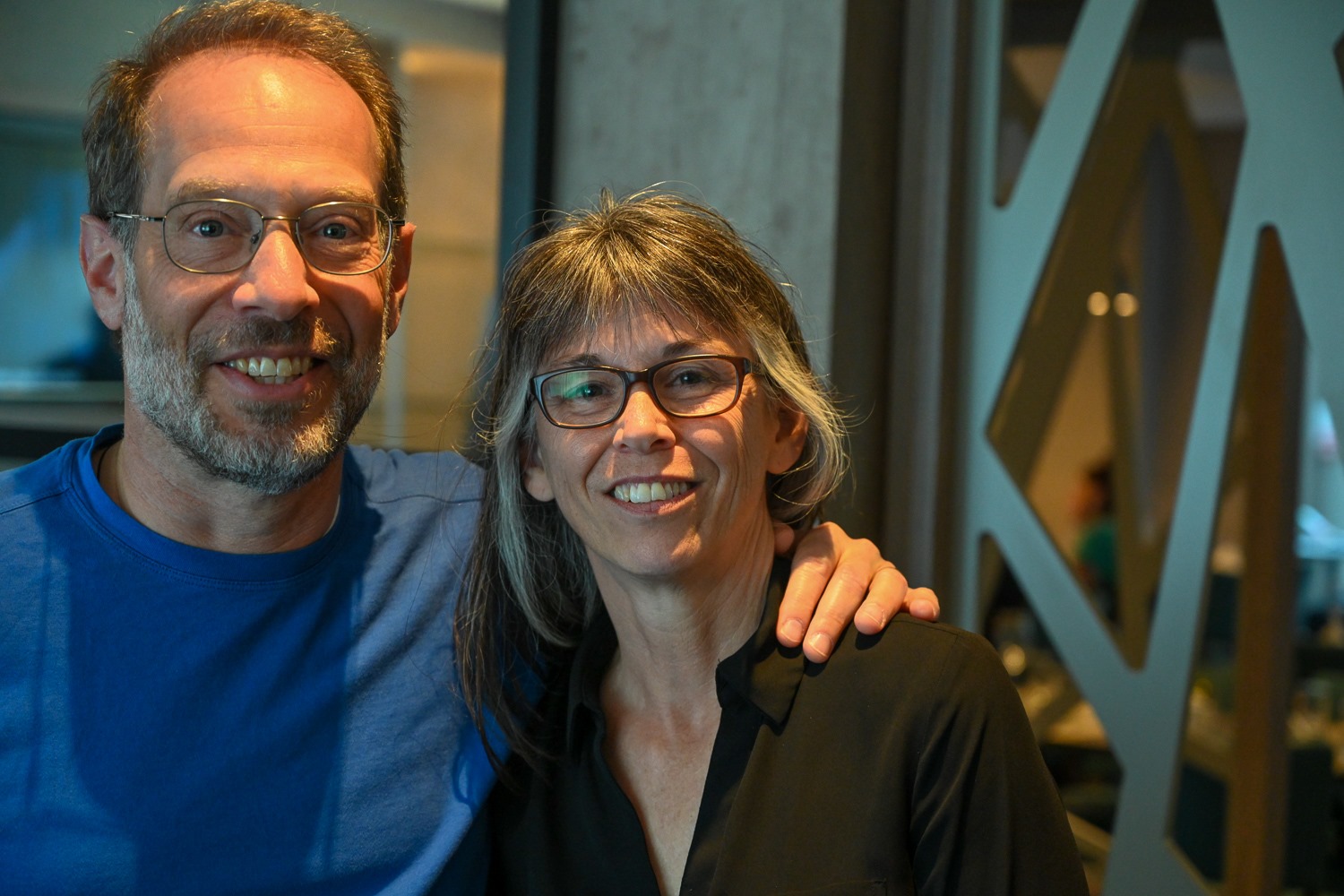
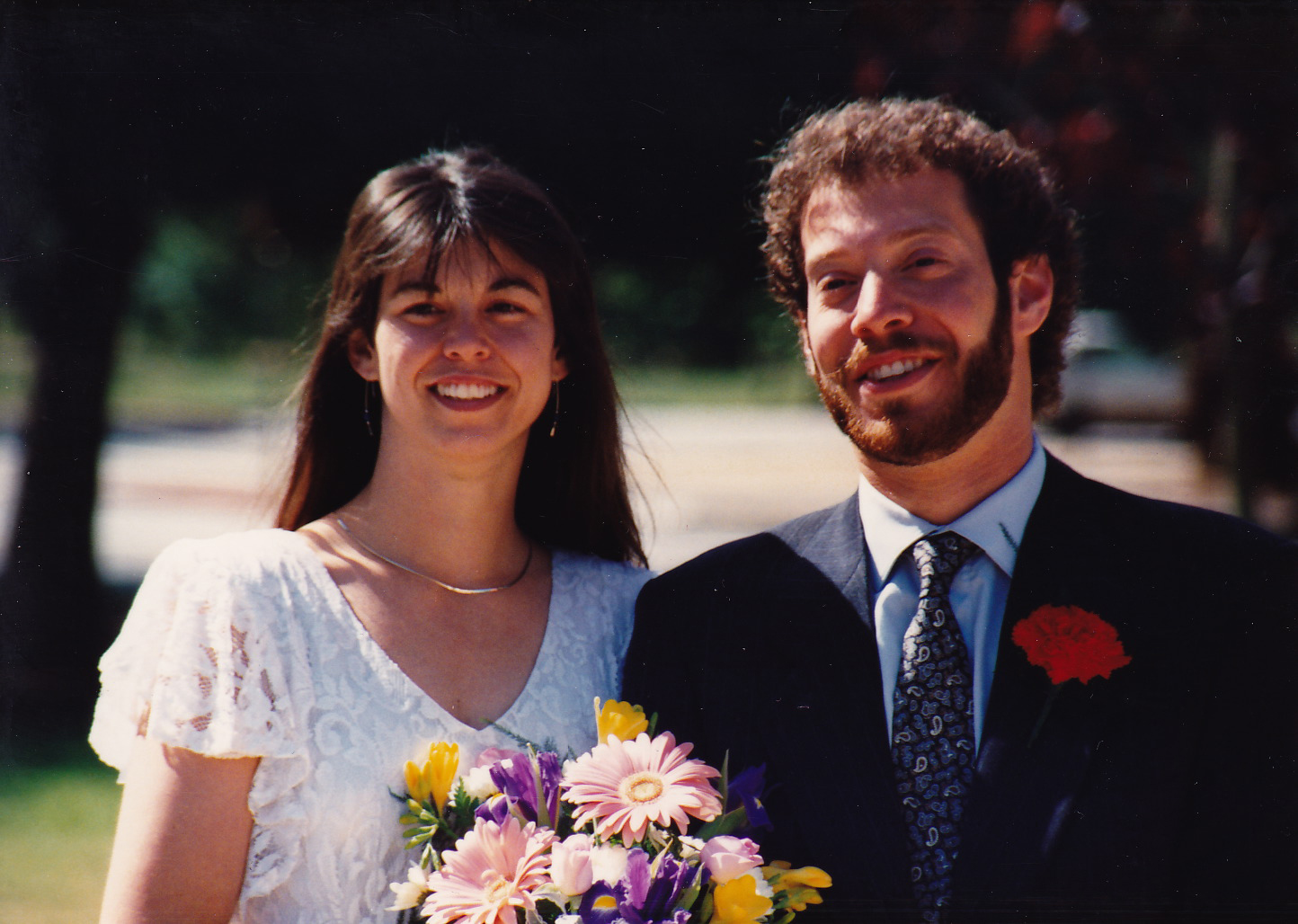
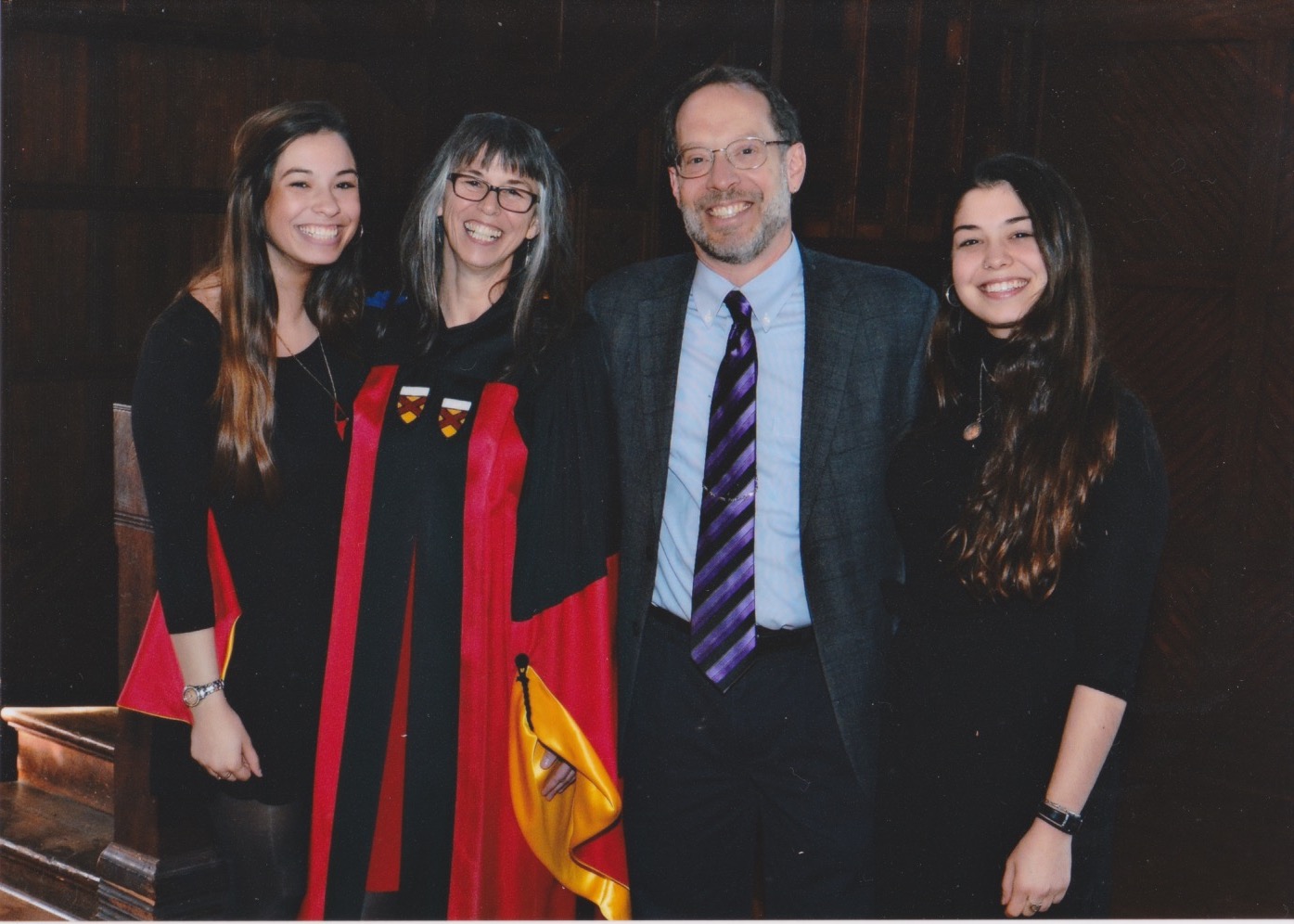

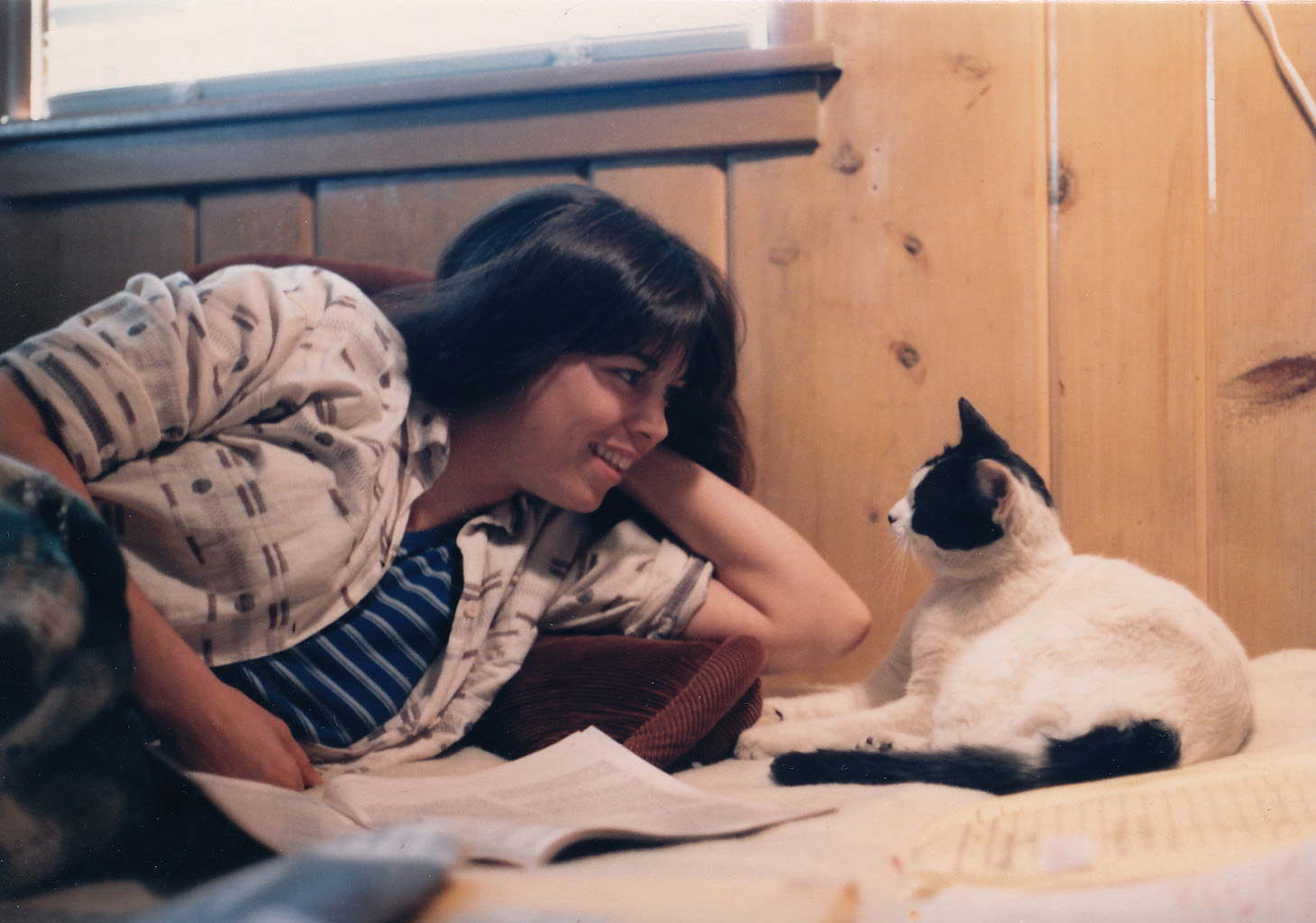


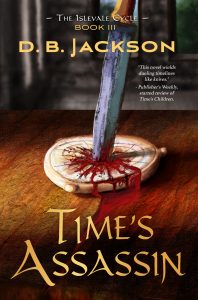
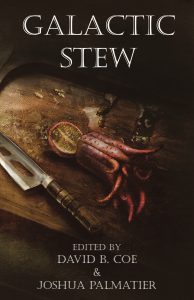 This will be the fifth anthology I have edited for ZNB (after
This will be the fifth anthology I have edited for ZNB (after  After running away from social media for six weeks, and ignoring publicity opportunities and the like, I feel a little funny offering any professional advice to anyone on anything. Which, I realize, is entirely wrong-headed.
After running away from social media for six weeks, and ignoring publicity opportunities and the like, I feel a little funny offering any professional advice to anyone on anything. Which, I realize, is entirely wrong-headed. In the end, I hit my deadline. More, the book I wrote that spring, Invasives, the second Radiants novel, turned out better than I ever could have imagined. I love the book, not only because I think it’s good, but because it saved me. It got me through that terrible spring and early summer.
In the end, I hit my deadline. More, the book I wrote that spring, Invasives, the second Radiants novel, turned out better than I ever could have imagined. I love the book, not only because I think it’s good, but because it saved me. It got me through that terrible spring and early summer.